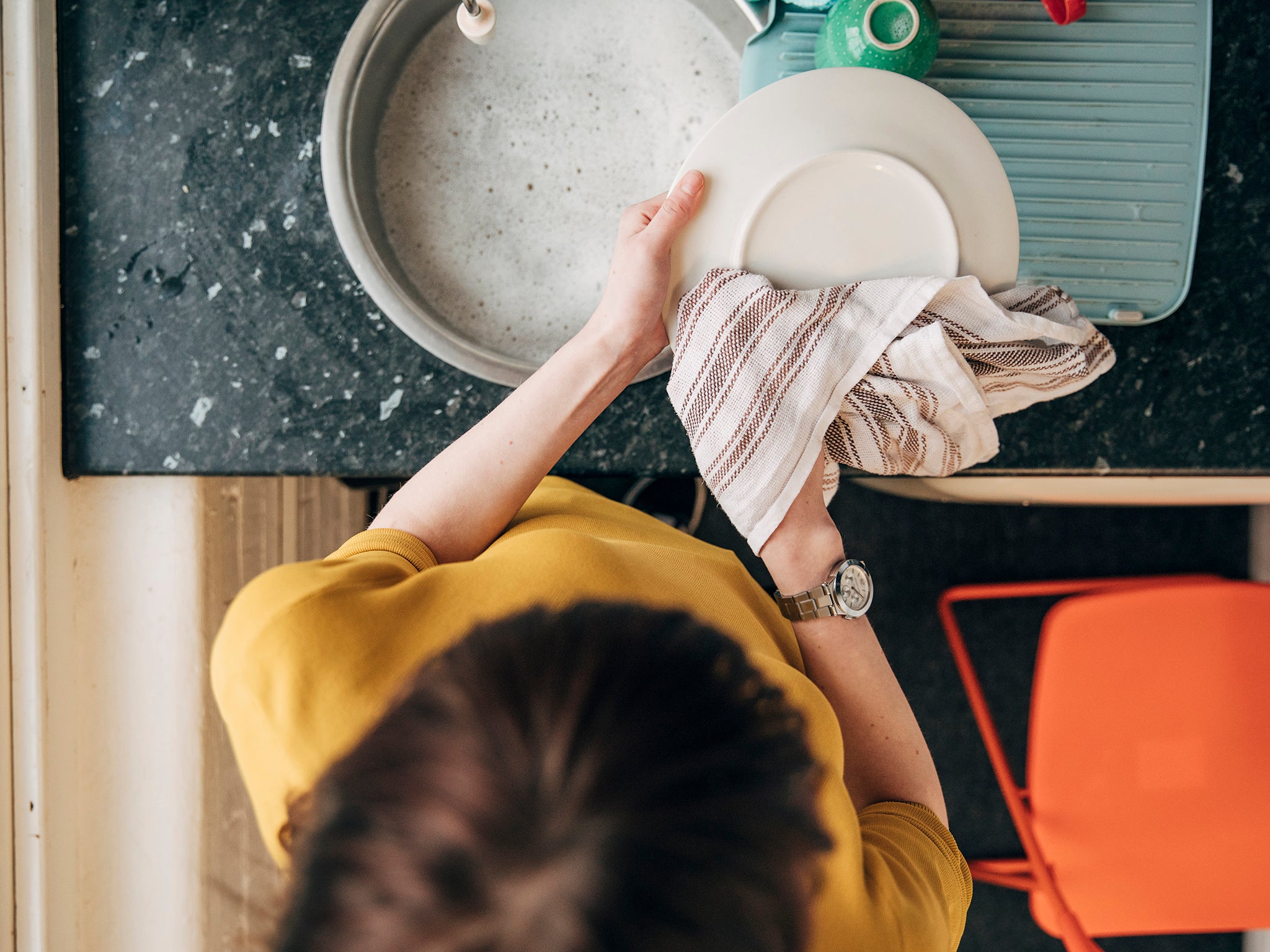Tea towels 'can cause food poisoning', new research suggests
Almost half tested positive for potentially dangerous bacteria strains

Your support helps us to tell the story
From reproductive rights to climate change to Big Tech, The Independent is on the ground when the story is developing. Whether it's investigating the financials of Elon Musk's pro-Trump PAC or producing our latest documentary, 'The A Word', which shines a light on the American women fighting for reproductive rights, we know how important it is to parse out the facts from the messaging.
At such a critical moment in US history, we need reporters on the ground. Your donation allows us to keep sending journalists to speak to both sides of the story.
The Independent is trusted by Americans across the entire political spectrum. And unlike many other quality news outlets, we choose not to lock Americans out of our reporting and analysis with paywalls. We believe quality journalism should be available to everyone, paid for by those who can afford it.
Your support makes all the difference.Repeated use of tea towels in the kitchen could be putting families at risk of food poisoning, according to new research.
Bacterial build-up was measured on 100 towels over the course of a month during an experiment by scientists at the University of Mauritius.
Researchers found bacteria growth on 49 towels, with more than a third testing positive for coliforms, the group of species of which E.coli is a member.
The study found E.coli was more likely to develop on towels that had been left to sit damp, while coliforms and Staphylococcus aureus (MRSA) bacteria were detected at significantly higher rates in households with non-vegetarian diets.
It also found tea towels in the homes of larger families and those of a lower socio-economic background had higher rates of bacteria growth.
“Our study demonstrates that the family composition and hygienic practices in the kitchen affected the microbial load of kitchen towels,” said Dr Susheela Biranjia-Hurdoyal, of the University of Mauritius. “We also found that diet, type of use and moist kitchen towels could be very important in promoting the growth of potential pathogens responsible for food poisoning.”
Researchers said the presence of E.coli on several towels in the study is likely to have come from faecal contamination, suggesting unhygienic practices in the kitchen are widespread.
In total, 37 per cent of towels used in the experiment grew coliforms, 37 per cent tested positive for Enterococcus bacteria and 14 per cent developed Staphylococcus aureus.
Scientists concluded that using disposable, single-use paper towels for kitchen tasks was a more hygienic option.
“The data indicated that unhygienic practices while handling non-vegetarian food could be common in the kitchen,” Dr Biranjia-Hurdoyal added.
“Humid towels and multipurpose usage of kitchen towels should be discouraged. Bigger families with children and elderly members should be especially vigilant to hygiene in the kitchen.”
Coliform bacteria can cause a wide range of conditions in humans, from stomach cramps, fever and vomiting to more serious conditions such as pneumonia and respiratory illnesses.
Staphylococcus aureus bacteria can lead to life-threatening conditions such as meningitis, bacteremia and toxic shock syndrome.
Join our commenting forum
Join thought-provoking conversations, follow other Independent readers and see their replies
Comments